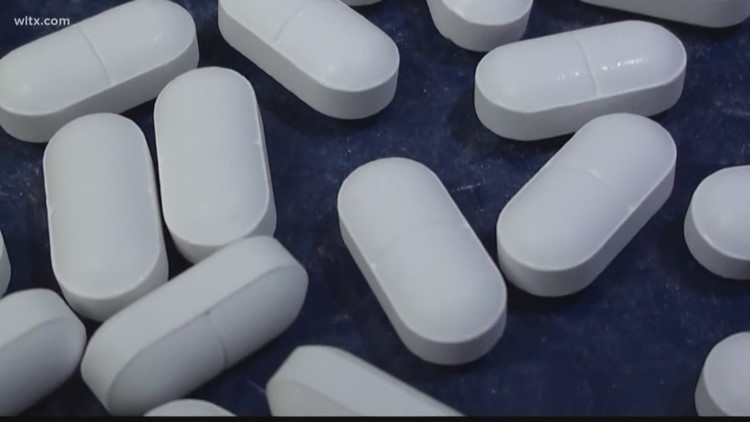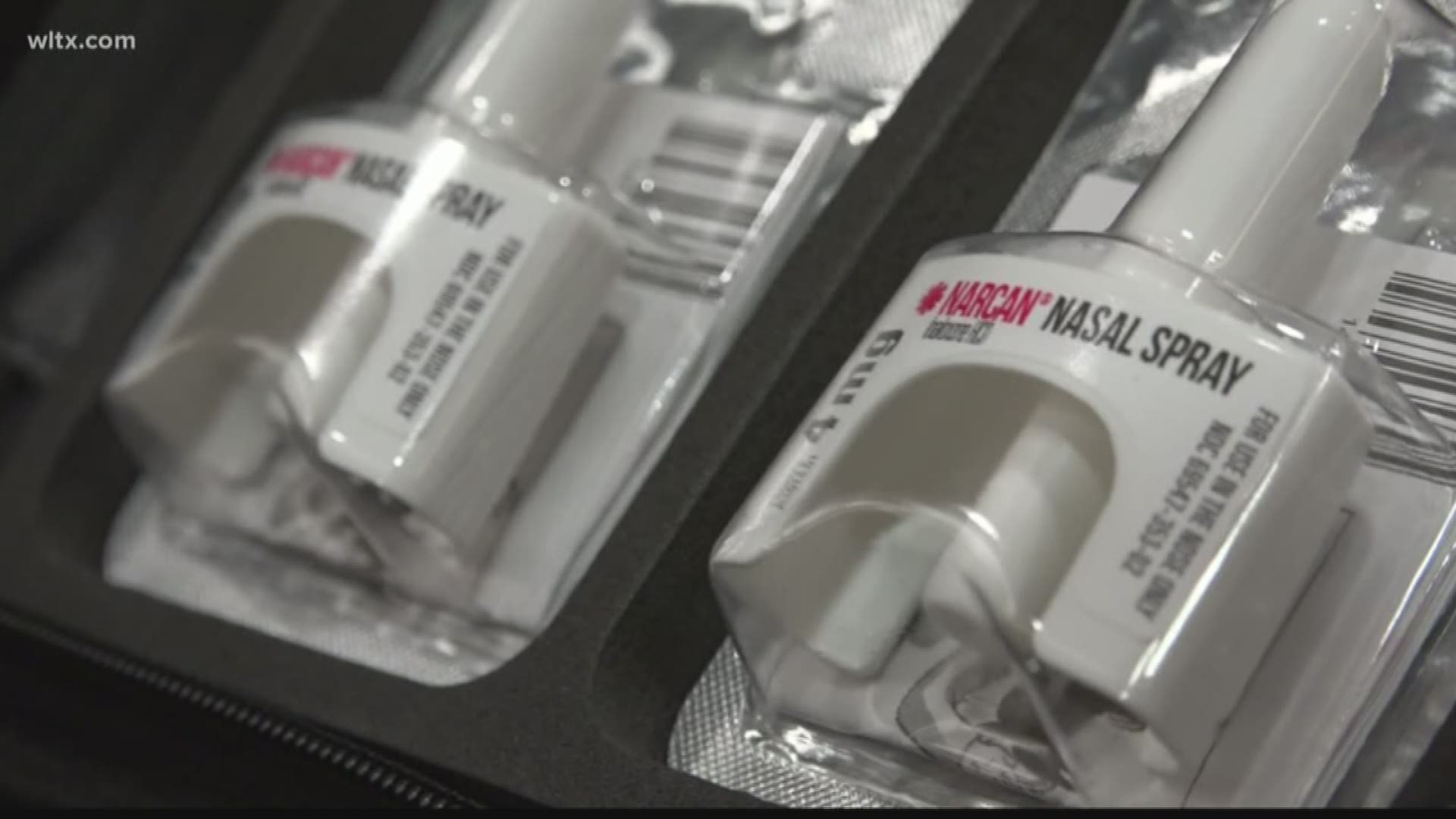COLUMBIA, S.C. — The office of South Carolina Attorney General Alan Wilson announced that a $573 settlement has been reached with one of the world’s largest consulting firms, McKinsey & Company, resolving investigations into the company’s role in working for opioid companies, helping those companies promote their drugs, and profiting from the opioid epidemic.
Wilson had joined a coalition of attorneys general from 47 states, the District of Columbia and five U.S. territories in the suit.
According to the Attorney General's office, the settlement, after payment of costs, will be used to abate problems caused by opioids in the participating states. South Carolina will receive almost $9 million from the multistate settlement, to be paid over five years with most of it coming in the first year. This is the first multi-state opioid settlement to result in substantial payment to the states to address the epidemic.
In addition to providing funds to address the crisis, the agreement calls for McKinsey to prepare tens of thousands of its internal documents detailing its work for Purdue Pharma -- a maker of OxyContin -- and other opioid companies for public disclosure online. In addition, McKinsey agreed to adopt a strict document retention plan, continue its investigation into allegations that two of its partners tried to destroy documents in response to investigations of Purdue Pharma, implement a strict ethics code that all partners must agree to each year, and stop advising companies on potentially dangerous Schedule II and III narcotics.
“The opioid epidemic isn’t isolated to just one company or even all the companies that make the drugs,” Attorney General Wilson said. “What we found in our investigation was that a big reason for the spread of opioids was how they were marketed to doctors with no regard for patients’ health and safety. While opioids may be medically necessary, their marketing may also make them in many cases poison pills.”
The opioid epidemic has led to considerable harm to individuals and communities in South Carolina over the last 20 years. During this time, thousands have died from an opioid overdose. On an economic level, these deaths—and the impacts on South Carolinians who have struggled with opioid addiction—have created considerable costs to South Carolina in the form of health care, child welfare, criminal justice, and many other programs needed to lessen the epidemic. It has also resulted in lost economic opportunity and productivity. On the social level, opioid addiction, abuse, and overdose deaths have torn families apart, damaged relationships, and eroded the social fabric of communities.
Today’s filing is the latest action Attorney General Wilson and his office have taken to combat the opioid epidemic and to hold accountable those who are responsible for creating and fueling the crisis. The Attorney General is participating in a global settlement framework agreement involving the now bankrupt opioid manufacturer Mallinckrodt. On August 15, 2019, the Attorney General filed a lawsuit against the three largest opioid distributors, Cardinal, McKesson, and AmerisourceBergen, alleging they violated the S.C. Unfair Trade Practices Act and created a public nuisance. The Attorney General previously filed suit on August 15, 2017 against opioid manufacturer Purdue Pharma.
The states’ investigation was led by an executive committee made up of the attorneys general of California, Colorado, Connecticut, Massachusetts, New York, North Carolina, Oklahoma, Oregon, Tennessee, and Vermont. The executive committee is joined by the attorneys general of Alabama, Alaska, Arizona, Arkansas, Delaware, Florida, Georgia, Hawaii, Idaho, Illinois, Indiana, Iowa, Kansas, Kentucky, Louisiana, Maine, Maryland, Michigan, Minnesota, Mississippi, Missouri, Montana, Nebraska, New Hampshire, New Jersey, New Mexico, North Dakota, Ohio, Pennsylvania, Rhode Island, South Carolina, South Dakota, Texas, Utah, Virginia, Wisconsin, Wyoming, the District of Columbia, and the territories of American Samoa, Guam, the Northern Mariana Islands, Puerto Rico, and the U.S. Virgin Islands.




